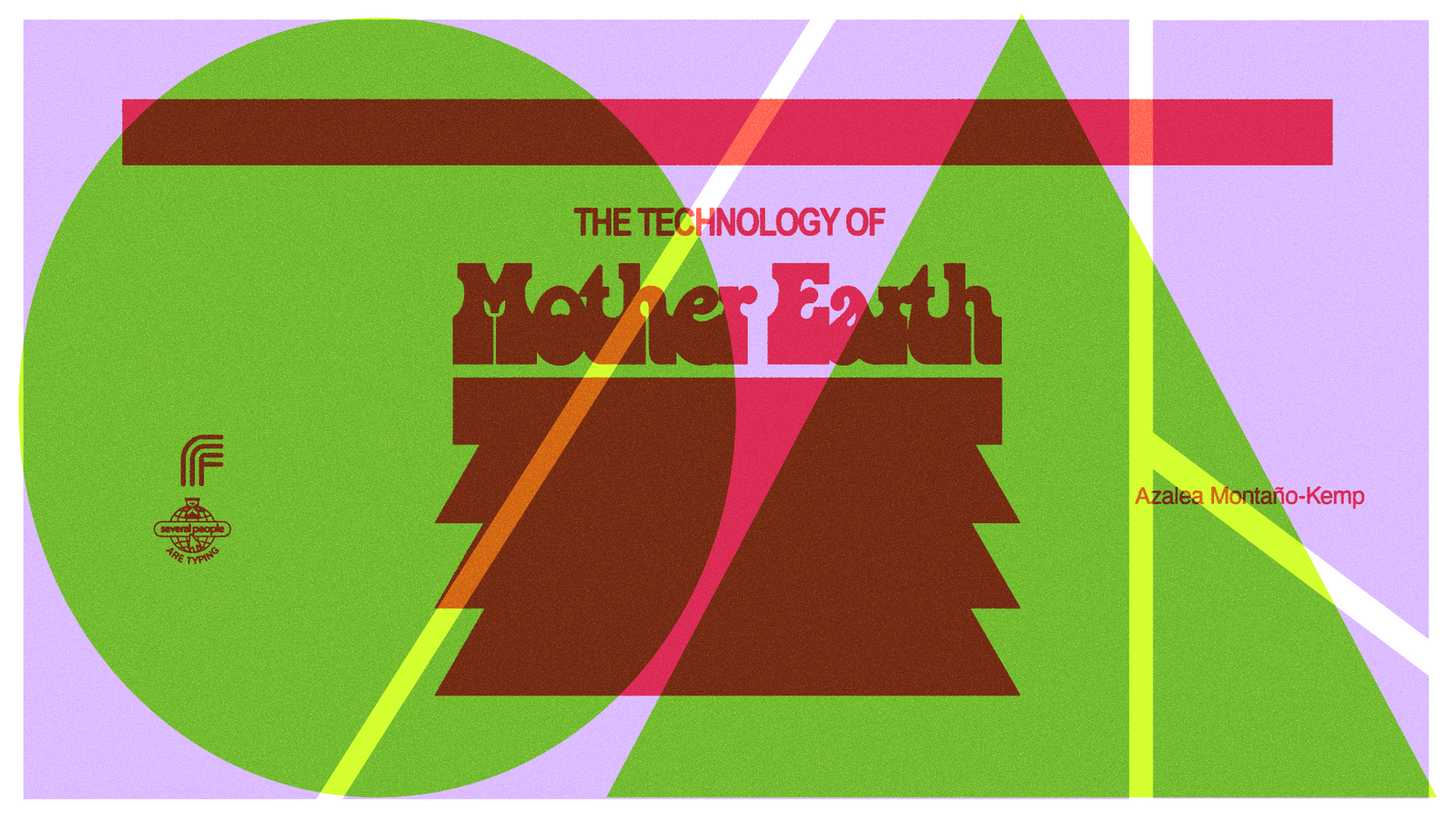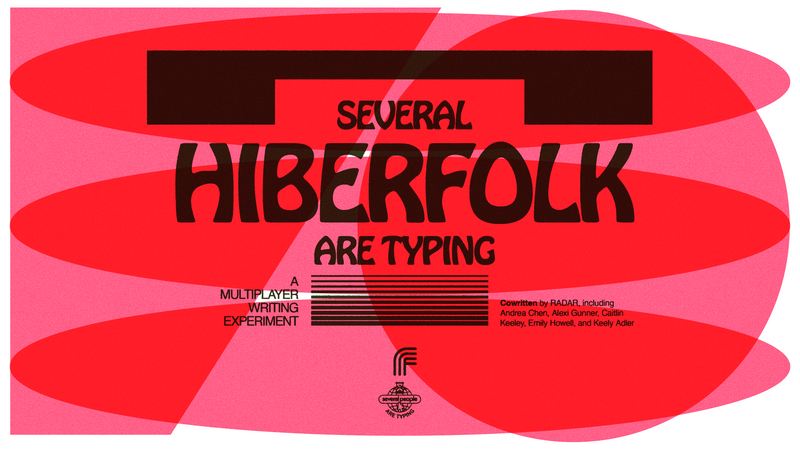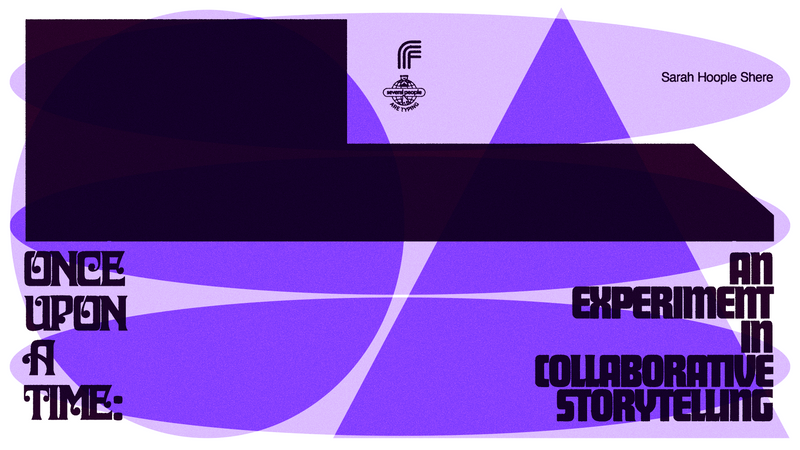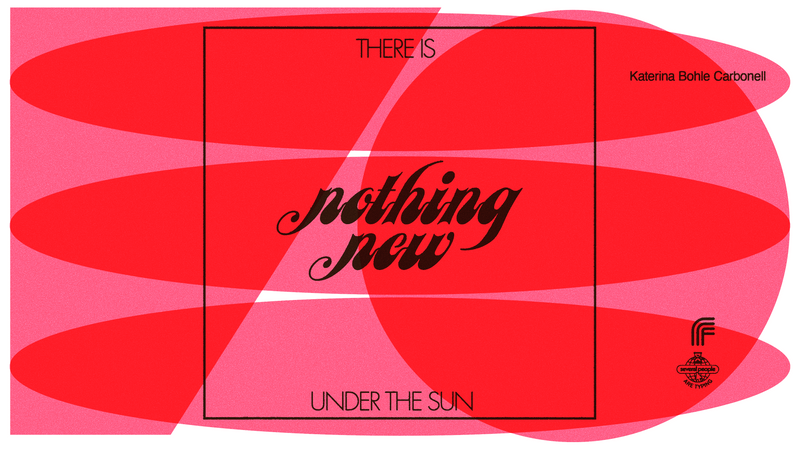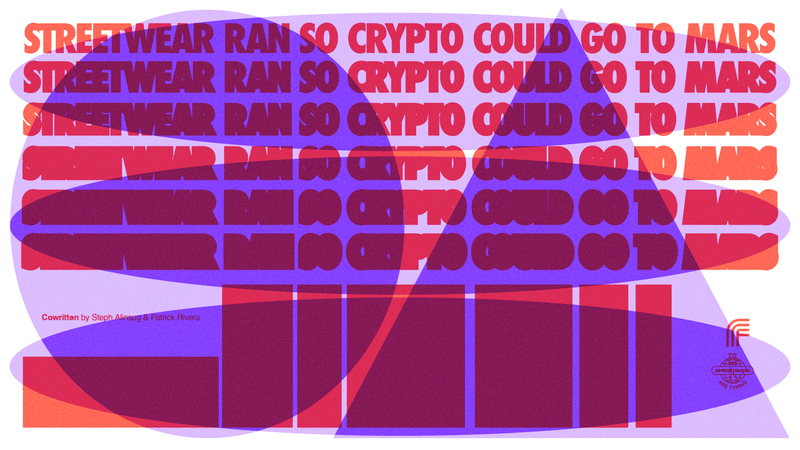This piece was written by Azalea Montaño-Kemp.
I invite you to look into your own life. Start from within and bring conscious awareness to your very own actions - what you purchase, how you interact with the world, what gets consumed by you, what goes into your garbage bin…
How much food do you throw away? I mean, really, think about this. How many fruits and veggies rot in your fridge monthly? How much yogurt is really left in your cup when you throw it out? How many tiny grains of rice have fallen onto the floor that you’ve swept up weeks later? How many half-full take out boxes end up in your trashcan every week after you promised yourself you would eat them later? (I’m super guilty of this too.)
I’m not posing these questions for you to beat yourself up over dropping a grain of rice on the floor and sweeping it up. Your individual actions likely won’t change the world on their own. But individual actions implemented into a community create ripple effects that can move the tides of water.
I write this in my Tambo, alone in the Peruvian rainforest in a multi-week long fast studying traditions of the Shipibo People.
I work with Indigenous People, learning ancient ways of living along with sacred knowledge, sacred wisdom, and sacred spirituality. This work takes place in the beautiful, diverse lands of Latin America.
Many Indigenous communities in Latin America are found in rural environments. They inhabit lands far away from cities, typically deep in mountain ranges, forests, and jungles. Many still live as close to nature as possible without electricity, running water, or even a bar of signal on the few cell phones you might find in each tribe.
These people don’t eat packaged food from grocery stores. Their diet comes from the animals and plants found in their backyards. They live among nature with the forest as their forever dependable, uncloggable toilet. The river is their bath, dishwasher, and laundry machine. The wind, their A.C. The sun, their dryer.
And with what might seem like such minimal resources to us in the working world, these people are the healthiest, happiest, and most relaxed folks I’ve ever met.
Is there a way for us to inhabit the peace of such a simple lifestyle integrated into the revolutionary technology of our modern world? From where does their serenity stem and how can we adapt such ways of living without moving back in time?
I believe this peaceful bliss is the magic that happens when we, as humans, find ways to harmoniously work and live in community together with nature as our guide.
Earth’s Financial System
Decentralized technology, to me, has always mirrored the patterns we see in nature. The mycelium, for example, is an underground network created by fungi. This network is the main communication system of the plant kingdom. If a plant is struggling through a difficult season and needs a specific nutrient that comes from a tree miles away, this plant can communicate to the mycelium what its needs are. The mycelium will then transmit the message to the tree miles away and that tree will be able to send nutrients to the plant via the mycelium. Resources are easily organized and distributed with a reciprocal understanding among the plant kingdom that everyone who is part of the mycelium is working together.
What does the tree ask for in exchange? Well, he doesn’t need to ask for anything in exchange because by being a part of and attached to the mycelium, he knows that when he needs something in the future, his needs will be met immediately via the resources of the collective. Resources are held and distributed via the mycelium - the blockchain of Mother Nature.
In many traditions and in modern terms, this behavior is known as a gift economy - the ethical roots of any successful DAO, in my opinion.
It’s easy for plants to do this. It’s natural. In some Native languages, the word for “plants” translates to “those who take care of us.” I was taught that plants were gifted to humans to protect and heal us. It is of their nature to be grounded in love and peace. To be able to operate in this capacity, they aren’t given the conditions of stress that humans are.
Humans live in a society that incentivizes us to be fucking stressed. For starters, we have been taught over time that we need to hoard our resources. We are constantly told a story that we don’t have enough resources and that someone else has to lose for us to win.
In our modern currency system, consumption and growth is prioritized over the wellbeing of our lives and our lands. This prioritization often leads to zero-sum transactions where one only gains money that was lost by someone else. In traditional currency, everyone always won.
The traditional currency of my Mexican ancestors, the currency of our land, is cacao seeds. To this day, I offer cacao seeds to lands constantly as payment in exchange for what the Earth has offered me — food to eat, medicine to heal, a place to live, my life, my family… The list of gratitude goes on and on.
Who loses when I take the cacao seeds from one piece of land and give them to the Earth?
One could argue philosophically that the land I took the cacao seeds from lost them, but that is not true in our culture. The land let go of the cacao seeds in full gratitude knowing the purpose they would play in my offering back to the Earth, which directly benefits the land itself.
The land also has trust in our reciprocal relationship. The land knows whatever it gives me is part of its agreement to the collective. It knows, via this agreement, that it will always receive something in return. The land trusts that without knowing what that something is or when it will receive it. Just like the tree in the mycelium example earlier.
When you are operating consciously in a collective agreement as such, everybody always wins. The very concept of scarcity or hoarding out of scarcity simply can not exist in such a structure.
The Gift of Decentralization
Blockchain technology, and specifically DAOs, gift us with the opportunity to create these reciprocal structures in society today. DAOs open up the opportunity for us to live like trees, acting naturally as a collective incentivized by nature to be grounded in Love and peace for the benefit of a collective rather than an individual.
Native cultures are naturally decentralized because they listen to and mirror the networks of our Mother Earth. And because they mirror these networks, they are highly organized with reciprocity as a core belief.
Prior to colonization, decision making would happen communally. Anytime a decision was to be made about where to relocate, where to get food, how to interact with and trade with another tribe, etc., the community would gather together and discuss. Decisions were only made in honor of the needs of the community and the needs of the nature around us. Choices were only made collectively - inspired by the collective for the collective. Resources in nature were abundant, so there weren’t any incentives such as scarcity to make a choice as an individual.
These circles were Decentralized Autonomous Organizations in the most spiritual sense of each word.
These circles were naturally decentralized, following the networks of trees and fungi. The circle itself, like the mycelium, stemmed from the belief that Life’s Force only flows through all of us together. The belief that we need each other because we can not have or experience Life without each other.
And for the circle to have such an impact grounded in love, each individual would have to use their own autonomy to choose that they wanted to be a part of such impact. Forced reciprocity is inauthentic and doesn’t contain the magic in autonomy that can create miracles.
I believe in the magic of nature’s structure. I believe that decentralization and autonomy are necessary principles in creating a world with sacred freedom that births the peace of structure.
Imagine a modern day decentralized decision making circle. A collective of hundreds, maybe thousands of people living all around the world, coming together towards a shared purpose with communal well being at the center.
Imagine this many people pooling and distributing resources consciously with reciprocity as a core belief. Imagine how much abundance is created when the incentive is for all to win.
Imagine the word “scarcity” not having a modern meaning because the concept of such a definition quite literally can not exist in the society we are creating.
Like the tree, imagine asking for nothing in exchange because being a part of and attached to a truly reciprocal collective, you know your needs will be met.
It’s difficult to imagine. Is it not?
Our Role: Shifting the Narrative
Our entire society isn’t going to become as seamless as the plant kingdom or the technology of nature overnight. It’s going to take hard work. In fact, we will need to completely restructure the societal frameworks we currently live in and, perhaps more importantly, our collective narratives — the stories we tell ourselves about what’s possible for humanity.
I believe the most important shift we need to make is a shift from scarcity to abundance, as reciprocal agreements (the backbone of any successful DAO) can not be made out of scarcity.
So much of Western stress comes from being anxious about the future without being grounded in the presence of where we are and what we have. Humans always seem to be convinced there is something we don’t have and there is something we need to worry about.
I don’t believe in scarcity. I believe that we have access to abundant resources on our Earth, especially if we take care of her.
Let’s look at food, for example. Remember earlier, when I asked you to reflect on your own personal food waste? The reality is, people all around the world are suffering from starvation. Yet, food manufacturing companies seem to be ramping up production each year while food waste in the U.S. alone grows alongside it. In fact, nearly 40% of food production in the U.S. each year ends up wasted … 40%!!
If there is so much food being produced in the world that we actually end up wasting so much of what ends up on our plates, why are others in the world starving?
Perhaps the same reason homeless people in San Francisco sleep on sidewalks outside of empty apartments that even the upper middle class can’t afford — not from a lack of resources in the world we live in, but rather from a lack of distributing resources consciously and efficiently.
The modern distribution of resources has been bastardized for individual capital gain rather than in honor of the people’s needs. And look how much gets wasted from one while the other starves.
When that grain of rice inevitably does fall to the ground, I invite you to kiss it and apologize to it before discarding it (if discarding is your choice, in honor of your autonomy).
My hope is that this kiss reminds you of your blessings. My hope is that this kiss brings you to awareness of how your thread contributes to the great tapestry of life. My hope is that this kiss reminds you of how special grains of rice are and where their roots exist beyond the grocery store you purchased the bag of rice at.
That this thought of “beyond the grocery store” reminds you of how our natural resources get distributed. Maybe you think of the other items sitting in your pantry, your fridge, even your closet, and how they all got into your home. My hope is that you realize you have access to more than you need and that your consumption becomes more conscious. That you become interested in sharing resources and distributing them in a healthier way.
My hope is that it is you who begins to shift our collective narrative from scarcity to abundance because you have the power to do so.
That with your shift, our consumption is no longer consumption. Our consumption evolves to engagement — with our food, with Earth, with each other.
That this engagement encourages us to share love, kindness, and resources. And that we find an efficient way to do so with anything we consume — digital, physical, emotional, and spiritual.
To create impactful change with the reach of the Gods, we must do this together. And as we begin to do this together, we can not be afraid to fail.
One of my favorite Native teachings is the acceptance of the cycle of Life. Death is taught not to be feared. In Mexico, it’s actually celebrated as the completion of your journey here on Earth.
We’re not going to die trying to make DAOs a reality, but we will make big mistakes. It’s a natural part of the process. It’s a natural part of life. To move forward, we need to be okay with that.
So I encourage you to step into the gift economy by creating a DAO and being okay with it dying. I will celebrate every failure with gratitude for what it teaches us. So that we may keep learning how to create a peaceful world, a peaceful society, step by step.
So that we may learn to integrate the wise, efficient technology of our Mother Earth into our modern ways of living.

